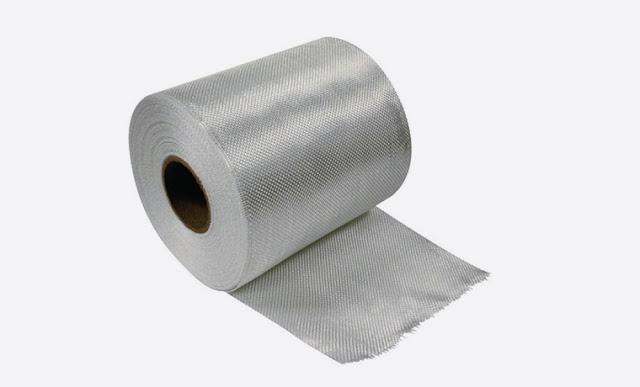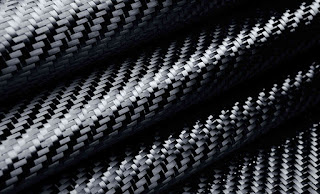How to Choose the Right Fiber Glass Cloth for Your Industrial Needs
Fiber glass cloth is a versatile and durable material that has a wide range of industrial applications. Whether you need to insulate a building, reinforce a concrete structure, or protect equipment from heat and flames, choosing the right fiber glass cloth is essential for achieving optimal results. In this article, we'll discuss some key factors to consider when choosing the right fiber glass cloth for your industrial needs.
6 Key Factors to Consider to Choose The Right Fiber Glass Cloth:
1. Temperature rating
One of the most important factors to consider when choosing fiber glass cloth is its temperature rating. This refers to the maximum temperature that the cloth can withstand without breaking down or losing its insulation properties. If you're using fiber glass cloth for high-temperature applications, such as insulation around a furnace or kiln, you'll need to choose a cloth with a higher temperature rating. Conversely, if you're using fiber glass cloth for low-temperature applications, such as insulation in a cold storage facility, you can choose a cloth with a lower temperature rating.
2. Thickness
The thickness of the fiber glass cloth is another important consideration. Thicker cloth typically provides more insulation and protection, but it may also be heavier and more difficult to work with. Thinner cloth may be easier to handle, but it may not provide as much insulation or protection. Consider the specific needs of your industrial application when choosing the appropriate thickness of fiber glass cloth.
3. Weave pattern
Fiber glass cloth is available in a variety of weave patterns, including plain, twill, and satin weaves. Each weave pattern has its own unique characteristics and benefits, such as strength, flexibility, and heat resistance. Choosing the right weave pattern for your application can help ensure that the fiber glass cloth performs optimally and provides the desired level of protection.
4. Coatings and treatments
Fiber glass cloth can be treated with various coatings and treatments to enhance its properties and make it more suitable for specific applications. For example, some fiber glass cloth is coated with a heat-resistant material to improve its resistance to high temperatures, while others are treated with a flame retardant to improve their fire resistance. Consider any coatings or treatments that may be necessary for your industrial application.
5. Durability
Durability is an important factor to consider when choosing fiber glass cloth for industrial applications. The cloth should be able to withstand regular wear and tear, exposure to chemicals, and other environmental factors without breaking down or losing its properties. Look for fiber glass cloth that is known for its durability and long-lasting performance.
6. Availability
Finally, consider the availability of the fiber glass cloth you need. If you need a large quantity of cloth, or if you need it on short notice, you'll want to choose a supplier that can provide the cloth you need quickly and reliably. Look for a supplier with a good reputation for quality and timely delivery.
In conclusion, choosing the right fiber glass cloth for your industrial needs requires careful consideration of several factors, including temperature rating, thickness, weave pattern, coatings and treatments, durability, and availability. By taking these factors into account and working with a reputable supplier, you can ensure that you choose the best fiber glass cloth for your specific industrial application, and achieve optimal results in terms of insulation, protection, and performance.





Comments
Post a Comment